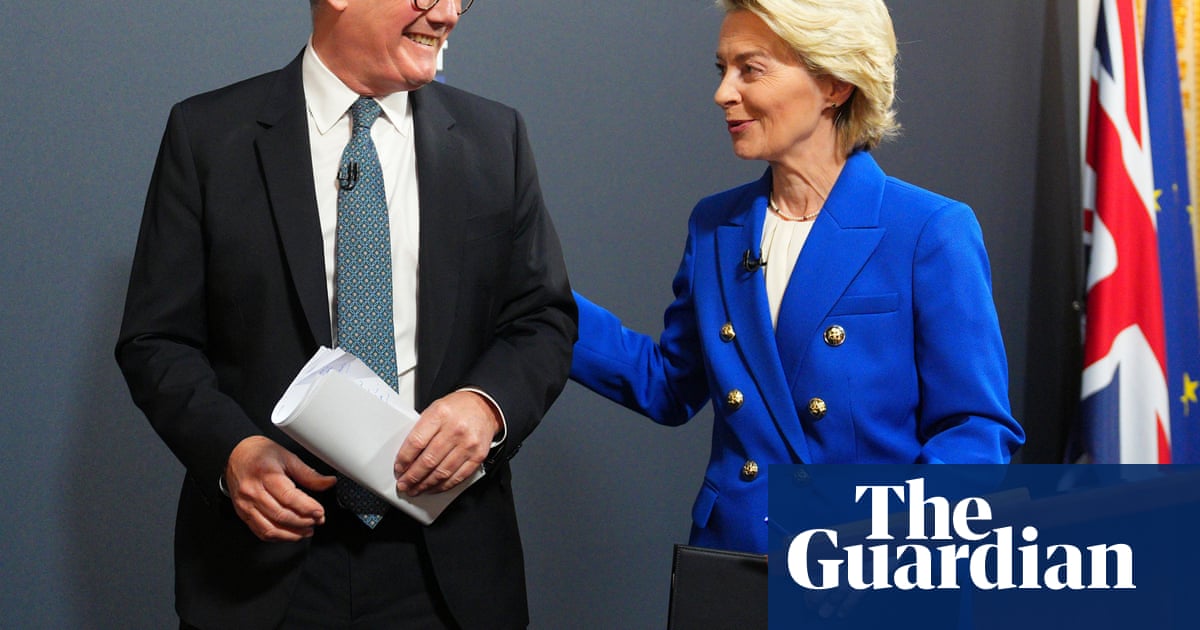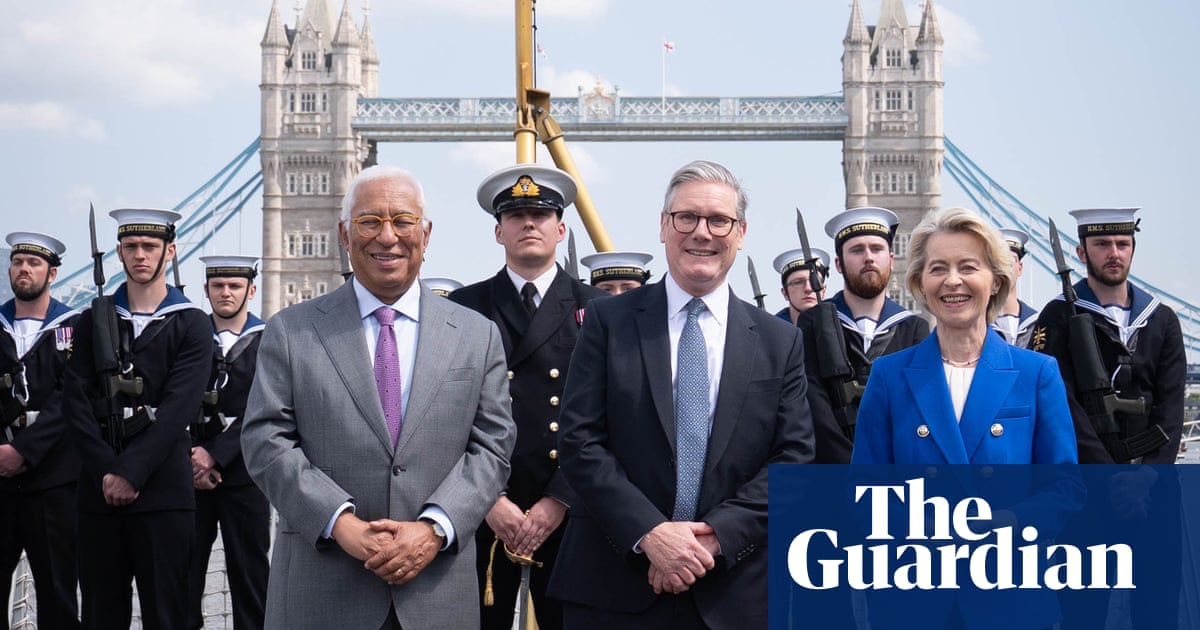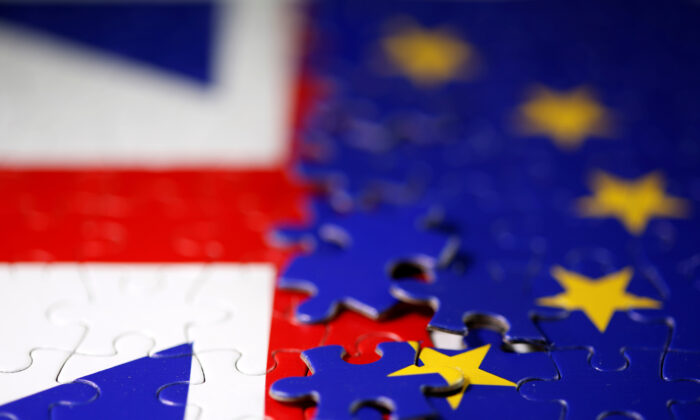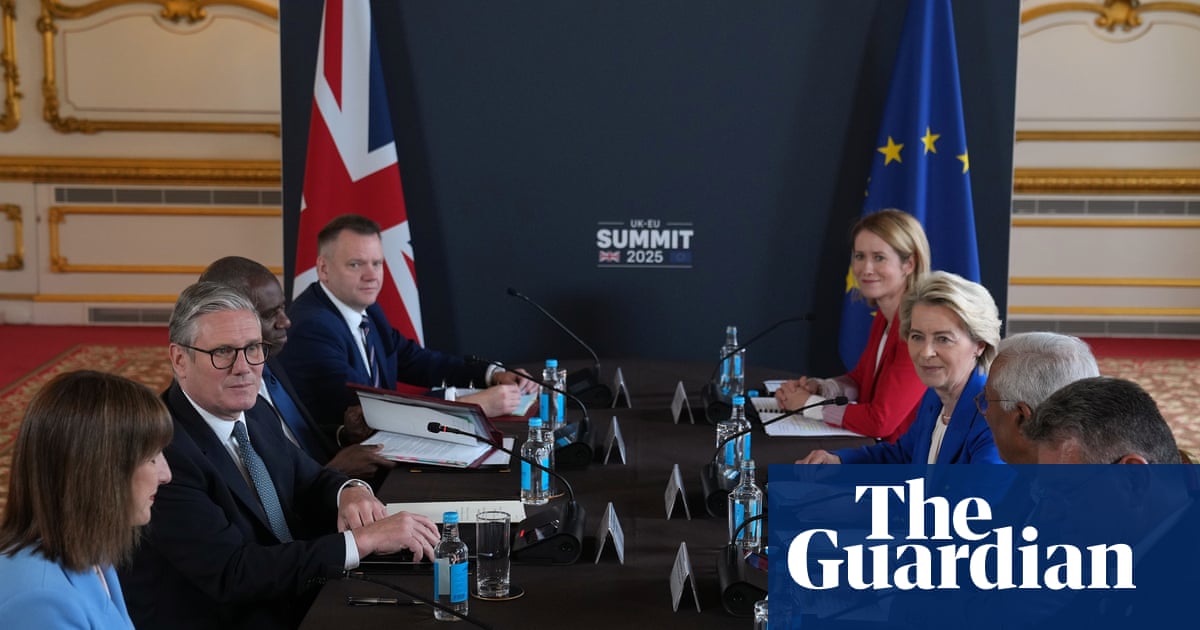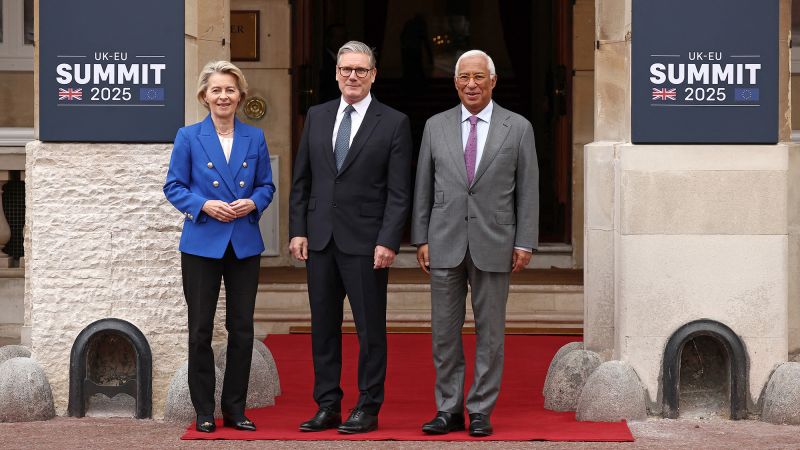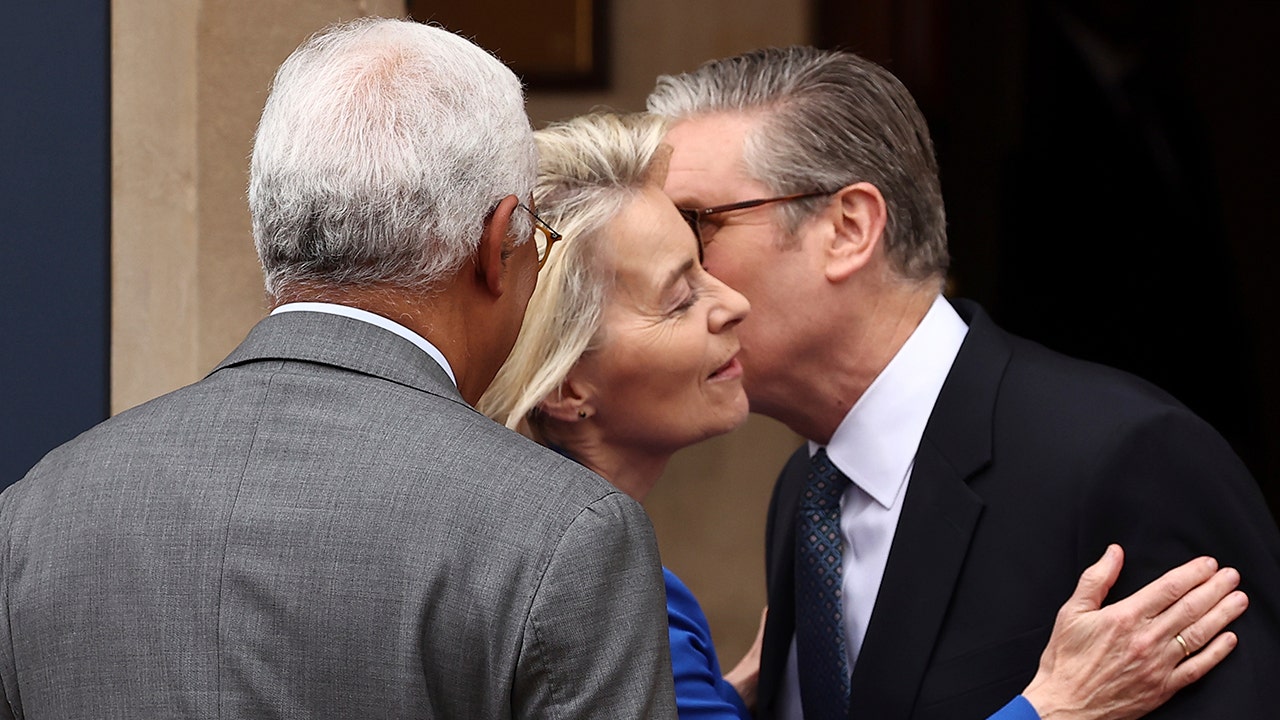UK and EU Announce Landmark Deal, Marking New Era in Relations
UK Prime Minister Keir Starmer and EU leaders unveil a comprehensive agreement addressing trade, fishing, and security, seemingly navigating post-Brexit challenges together.
Subscribe to unlock this story
We really don't like cutting you off, but you've reached your monthly limit. At just $5/month, subscriptions are how we keep this project going. Start your free 7-day trial today!
Get StartedHave an account? Sign in
Overview
In a pivotal moment for UK-EU relations, Prime Minister Keir Starmer announced a landmark deal with EU leaders, termed a 'new chapter' by Ursula von der Leyen. The agreement, covering fishing, trade, and defence, aims to reduce barriers and mitigate the decline in exports caused by Brexit. Criticism from Brexit supporters highlights concerns over sovereignty, while the deal promises benefits such as cheaper food and easier travel for Britons. Ongoing negotiations will refine key issues like youth mobility and further cooperation, reflecting a significant diplomatic 'reset' and increased dialogue between the two sides.
Report issue

Read both sides in 5 minutes each day
Analysis
- The UK and the EU have announced a deal praised as a 'new chapter' in their relationship, covering key areas including trade, defense cooperation, fishing rights, and youth mobility.
- Prime Minister Keir Starmer maintains that the deal will lead to reduced red tape for UK businesses, potentially lower food prices, and improved market access, but it is still viewed as a preliminary agreement requiring further negotiations on key issues.
- While the deal is seen as a significant step toward normalizing relations, it has drawn mixed reactions, with concerns about the long-term implications for UK sovereignty and specific arrangements yet to be finalized.
Articles (18)
Center (7)
FAQ
The deal includes provisions for trade, fishing rights, and security, such as the removal of the EU ban on UK chilled meat exports, eGate access for British travelers, and maintaining current fishing quotas without change for 12 years.
The deal allows British tourists to use fast-track eGates at European airports, reducing wait times. Additionally, pet owners will no longer need health certificates for pets traveling to Europe.
The deal is expected to add nearly £9 billion to the UK economy by 2040 due to reduced red tape and increased trade efficiency.
History
- 5M

 4 articles
4 articles
- 5M

 4 articles
4 articles
- 6M

 4 articles
4 articles
